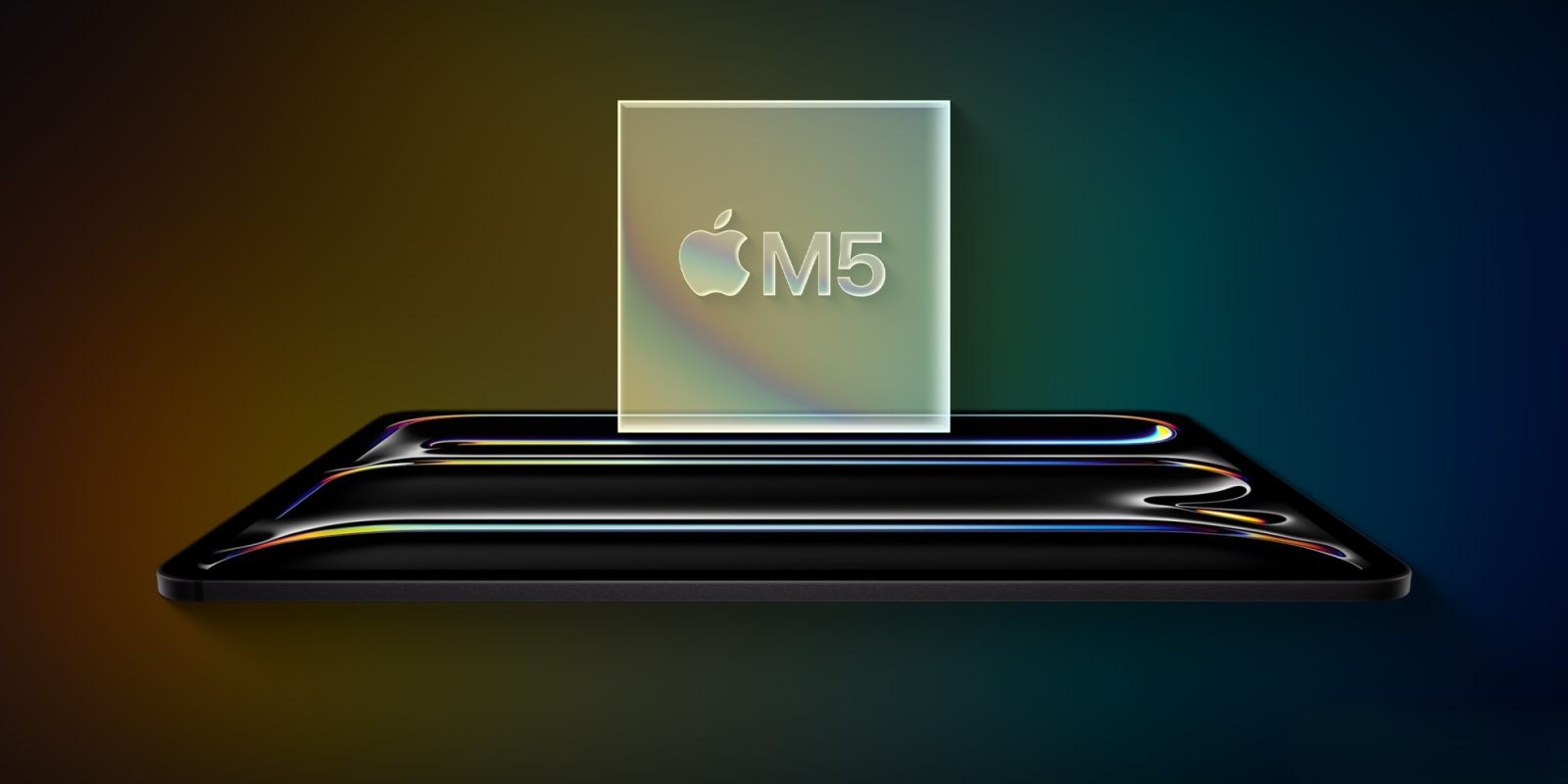In recent developments, Senator Elizabeth Warren has formally requested Apple CEO Tim Cook to provide detailed information regarding the company’s interactions with the Trump administration concerning tariff exemptions. This inquiry follows reports suggesting that Apple may have received preferential treatment during the imposition of tariffs on Chinese imports, raising concerns about potential impropriety and the influence of large corporations on government policies.
Background on Tariff Impositions and Exemptions
In early April 2025, President Donald Trump announced substantial tariffs on imports from key Asian manufacturing hubs, including China, Taiwan, India, and Vietnam. These tariffs significantly impacted companies like Apple, which rely heavily on manufacturing in these regions. The immediate effect was a historic market value loss for Apple, with its capitalization dropping from $3.36 trillion to $3.05 trillion, erasing over $300 billion in value. This decline was attributed to the company’s high exposure to international manufacturing, especially in China, where more than 90% of its production is based. ([ft.com](https://www.ft.com/content/dd2e71bf-e5f5-4ab6-9a54-a243d1206df2?utm_source=openai))
Shortly after the initial tariff announcement, the Trump administration implemented a 90-day pause on tariffs for most countries while increasing tariffs on imports from China. During this period, Apple expedited shipments of iPhones into the United States to mitigate potential impacts. Subsequently, the administration announced wide-ranging exemptions covering consumer electronics such as smartphones and laptops, which benefited Apple significantly. ([laptopmag.com](https://www.laptopmag.com/phones/iphone/did-tim-cook-orchestrate-apples-tariff-break?utm_source=openai))
Tim Cook’s Engagement with the Trump Administration
Reports indicate that Tim Cook engaged in multiple discussions with senior members of the Trump administration to address the potential impact of tariffs on iPhone prices. According to The Washington Post, Cook spoke with U.S. Commerce Secretary Howard Lutnick about how the tariffs could affect iPhone pricing. These conversations reportedly played a role in the administration’s decision to grant temporary tariff exclusions for consumer tech products. ([reuters.com](https://www.reuters.com/technology/apple-ceo-spoke-with-lutnick-about-tariffs-impact-iphone-prices-washington-post-2025-04-17/?utm_source=openai))
Further reports suggest that Cook’s direct engagement with President Trump included arguments that tariffs would hinder Apple’s ability to compete with companies like Samsung, which manufactures products in countries not subject to the same tariffs. President Trump acknowledged that Cook presented a compelling argument regarding the competitive disadvantages posed by the tariffs. ([9to5mac.com](https://9to5mac.com/2019/08/18/trump-cook-apple-tariffs/?utm_source=openai))
Senator Warren’s Concerns and Requests
In a letter dated April 23, 2025, Senator Warren expressed concerns that Apple’s exemptions raise fresh concerns about influence-peddling by huge well-connected corporations, and their ability to gain special favors from President Trump. She emphasized the need for transparency to ensure that such exemptions were not the result of undue influence or favoritism.
Senator Warren posed several specific questions to Tim Cook:
1. What was the nature of your discussions with Trump Administration officials regarding proposed tariffs?
2. Please provide information on any meetings or conversations (including via telephone or email) that you or anyone acting as an agent of you or Apple had with Trump Administration officials about tariffs prior to the April 12 announcement.
3. When did Apple find out about the tariff exemptions announced by President Trump on April 12?
4. What is the value of the additional profits that Apple will obtain as a result of President Trump’s tariff exemption? Please explain your process for determining this estimate.
These questions aim to shed light on the extent and nature of Apple’s interactions with the administration and to assess whether the exemptions were granted based on merit or as a result of corporate influence.
Implications for Apple and the Tech Industry
The scrutiny of Apple’s tariff exemptions comes at a time when the tech industry is grappling with the broader implications of trade policies and their impact on global supply chains. Apple’s reliance on manufacturing in China and other Asian countries makes it particularly vulnerable to tariffs and trade restrictions. The company’s efforts to diversify its supply chain, including manufacturing the iPhone 16e in Brazil, reflect attempts to mitigate these risks. ([laptopmag.com](https://www.laptopmag.com/phones/iphone/did-tim-cook-orchestrate-apples-tariff-break?utm_source=openai))
However, the potential for future tariffs and the complexities of shifting production to other countries pose significant challenges. Analysts warn that moving iPhone production to the United States could result in substantial price increases, with estimates suggesting that domestically produced iPhones could cost between $2,000 and $3,000. ([apnews.com](https://apnews.com/article/f50e1c6ba8f8cbb7c4b463720e65f3c4?utm_source=openai))
The situation also highlights the delicate balance companies must maintain in their relationships with government entities. While engaging with policymakers is a common practice, it is essential to ensure that such interactions are conducted transparently and do not lead to perceptions of impropriety or favoritism.
Conclusion
Senator Warren’s request for detailed information from Tim Cook underscores the need for transparency in corporate-government interactions, especially when they result in significant financial benefits for large corporations. As the tech industry continues to navigate the complexities of global trade policies, maintaining ethical standards and public trust remains paramount.



